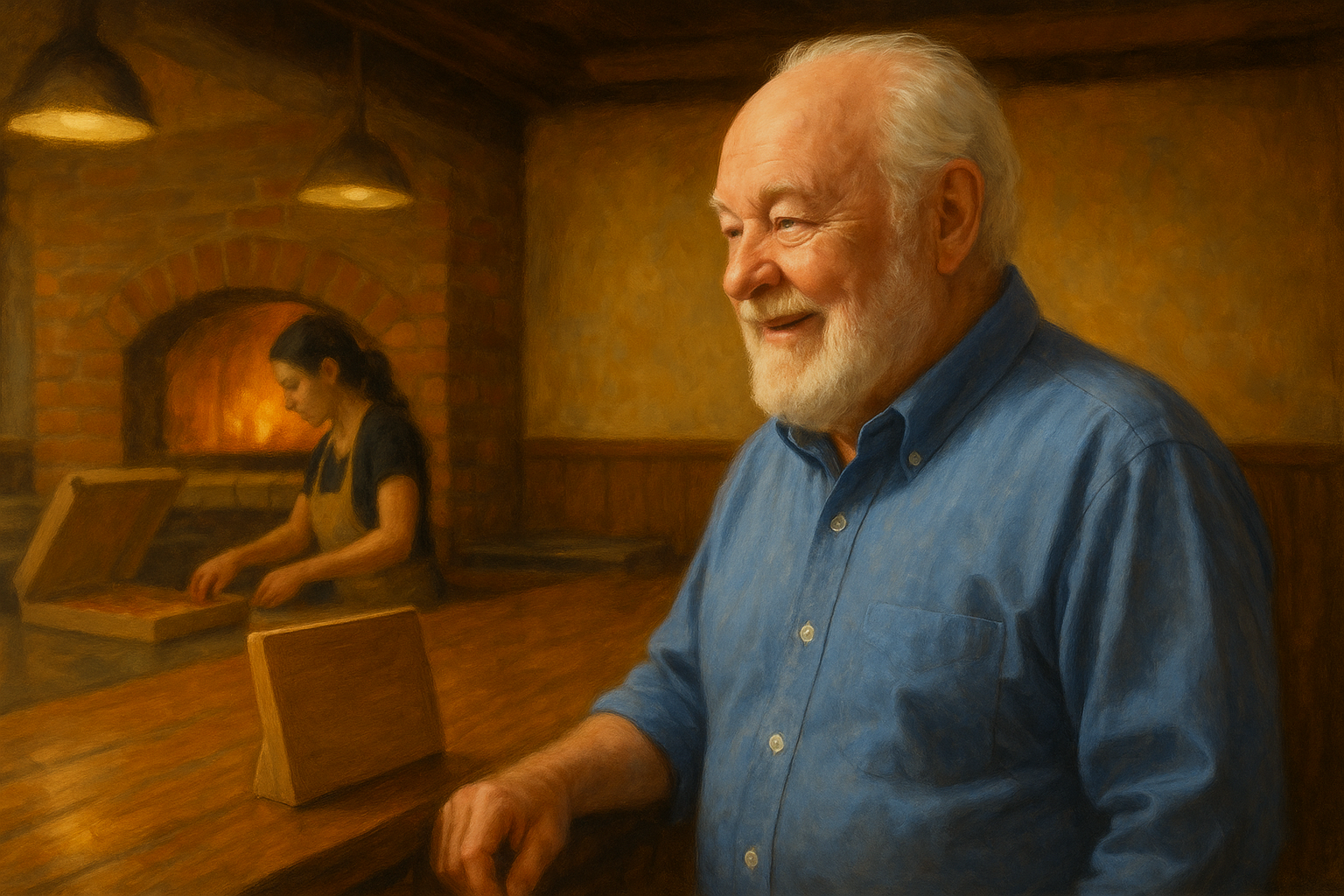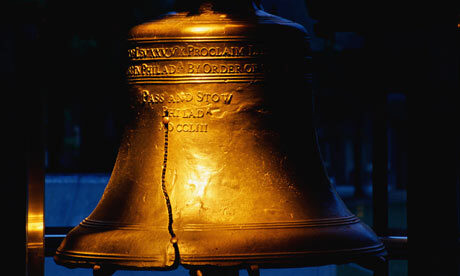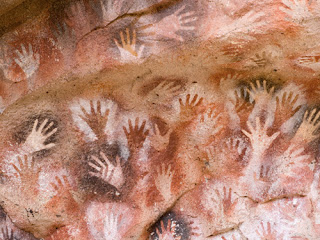Einstein’s theory is child’s play.
My nature, the true nature of the universe, of Being, and My relation to human beings, to their role and destiny, is complex. Einstein’s theory of relativity is child’s play by comparison. An adequate understanding cuts across some of the categories human beings find most natural, though they are really profoundly “unnatural” (and I mean that in the eerie sense). They are warped; they often represent disorders of the soul, distortions of Being.









